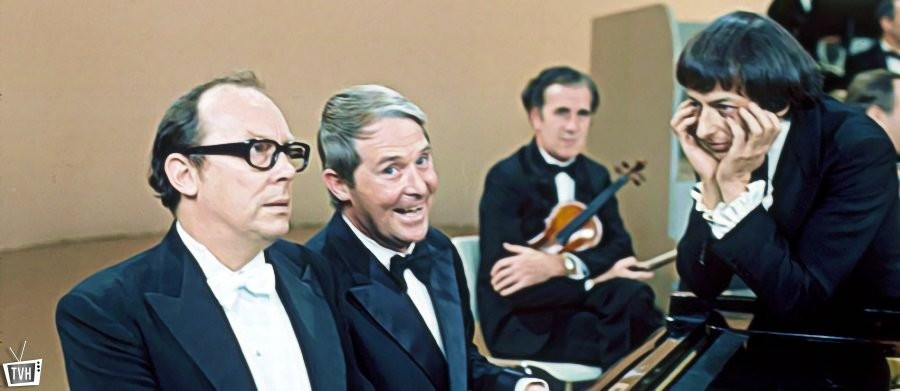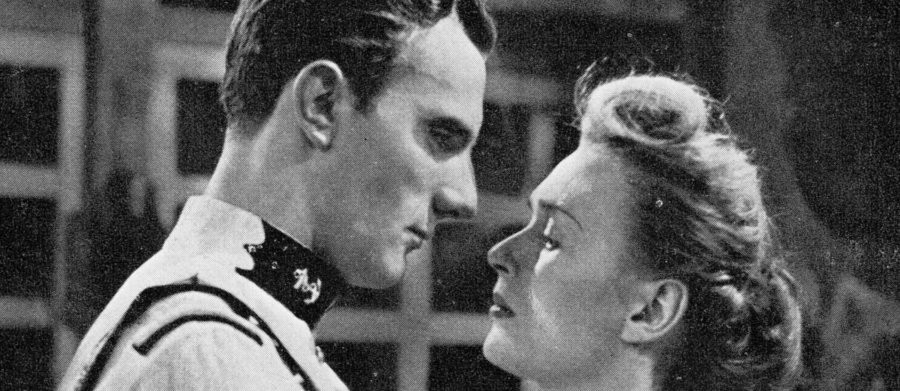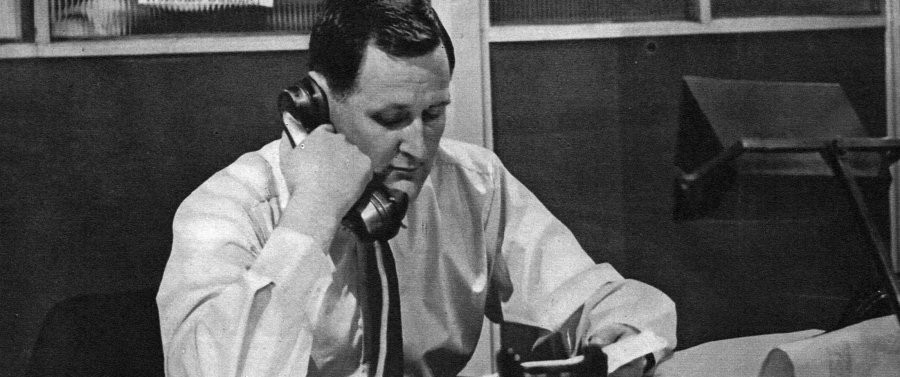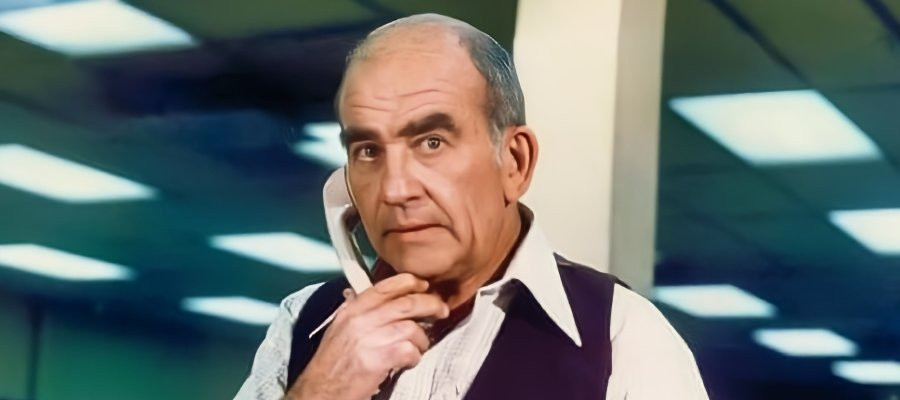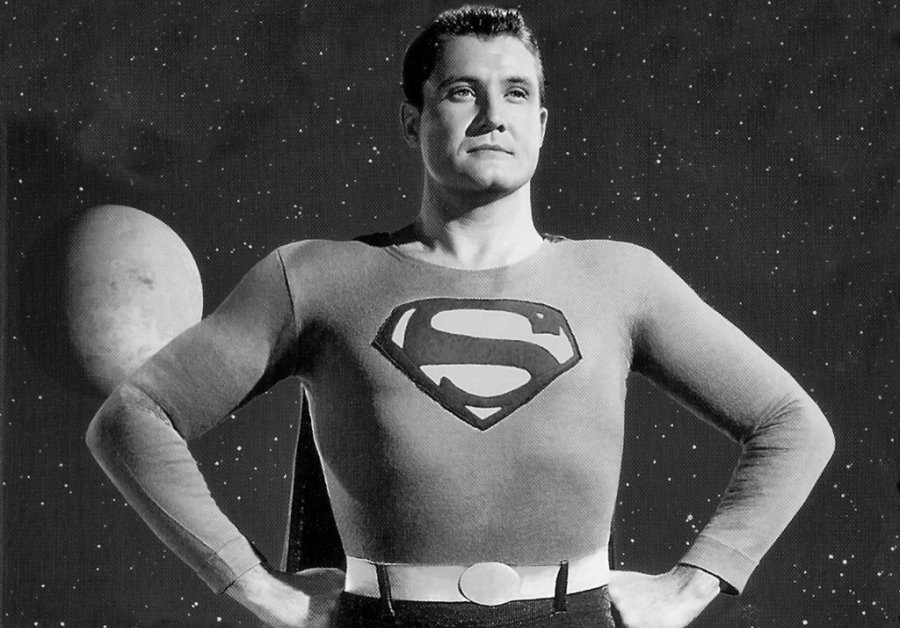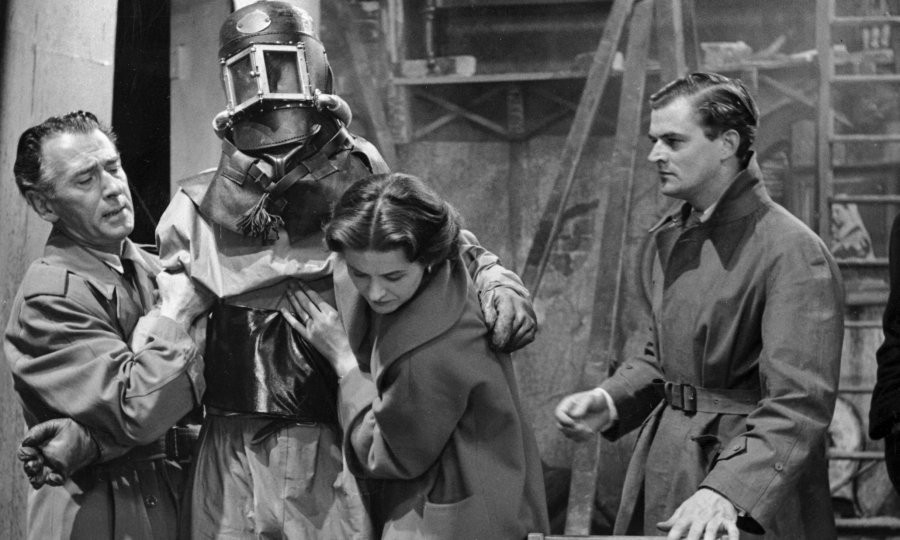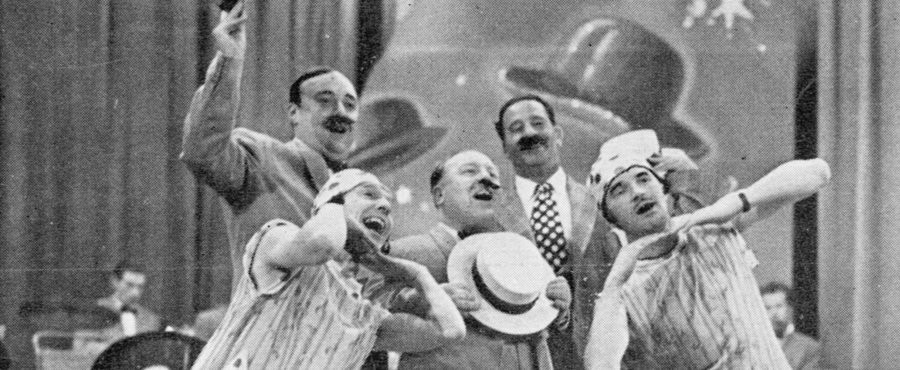
Panorama
1953 - United KingdomAlthough Panorama would later concentrate much more on current affairs, in its early days it tended to be a mixture of the arts, human-interest stories and scientific or medical topics. This was the vision for the programme of new Head of Talks Department, Leonard Miall, who wrote in the 1955 Television Annual that he saw Panorama as a piece of enterprising television journalism that needed to leave current politics and national affairs to programmes such as Viewfinder. Meanwhile Panorama, as the title suggested, took a much wider look at life and never shied away from controversy. A 1954 edition showed viewers how a dentist could remove a tooth from a patient while she was under hypnosis. Apparently, the patient, nineteen-year old Sylvia Langley, proved to viewers that the operation could be done quite painlessly.
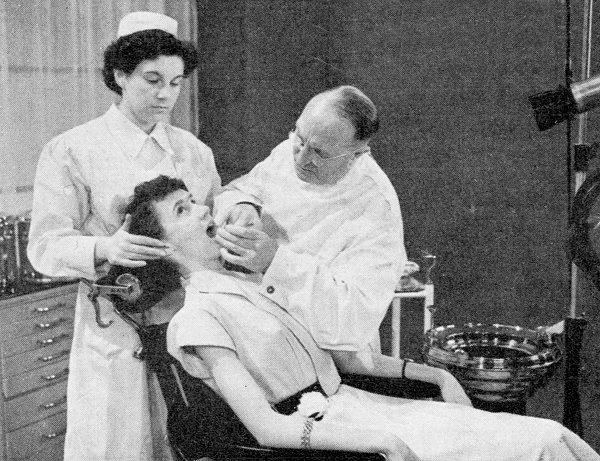
In 1955, following the Election Results programme, the idea of a weekly Panorama with Richard Dimbleby as anchorman, was born. In the book 'Richard Dimbleby, Broadcaster' producer Michael Peacock recalled how in September of that year, because of the illness of his co-producer, he found himself in sole charge of what was to become the BBC's most important regular programme, one that today is the longest current affairs programme anywhere in the world. "With Richard Dimbleby, Malcolm Muggeridge, Woodrow Wyatt, Max Robertson and, six months later, with Chris Chattaway, we set out to explore the virgin lands of weekly television journalism." As far as Peacock was concerned, it was Dimbley who, more than anyone else, helped establish the programme. "For Richard, the years of preparation were over. At last he had a weekly major current affairs programme of his own. At last his skills as a newsman, reporter, commentator, and television professional could come together and find expression in one programme."
Leonard Miall remembered that when the BBC decided to make Panorama a weekly programme, he asked his deputy, Grace Wyndham Goldie, to supervise its new look. "She immediately set on it that stamp of quality which marked all her television enterprises. It was she who first demanded that Richard Dimbleby should be the new anchorman, and before soon moving off to energise in turn the start of Tonight and then Monitor she firmly settled the guiding lines of Panorama: integrity in its coverage of current affairs, showmanship in its intelligent exploitation of the television medium."
As far as Michael Peacock is concerned Panorama's finest hour was in the autumn of 1956. "It was during those dark weeks of the Hungarian revolution and the Suez invasion that Panorama grew up. The programme with Richard became a national institution." Leonard Miall also acknowledged the contributions of the wide selection of talented journalists that lent their talents to the programme. "All have been interested in politics, some with one foot in it. Some left Panorama for the House of Commons, like Christopher Chataway and Woodrow Wyatt. Some came to Panorama after failing to be elected, like Robin Day and Ludovic Kennedy. Panorama reporters were welcomed by such world leaders as President Kennedy, Pandit Nehru and the Shah of Persia. They were frequently involved themselves in controversy, for Panorama had to be involved in controversy, and they had to prise out cats which various vested interests preferred to keep in the bag."
In 1961, Panorama scored a notable first when the Duke of Edinburgh agreed to be interviewed by Richard Dimbleby, the first time that he, or any other of the Queen's immediate family, decided to allow himself to be questioned on a regular current affairs programme. Panorama didn't always feature strictly serious political subjects or noteworthy news stories of the week. Light-hearted features in the studio dealt with, for example, an ice cream tasting contest to guess which was made with real cream.
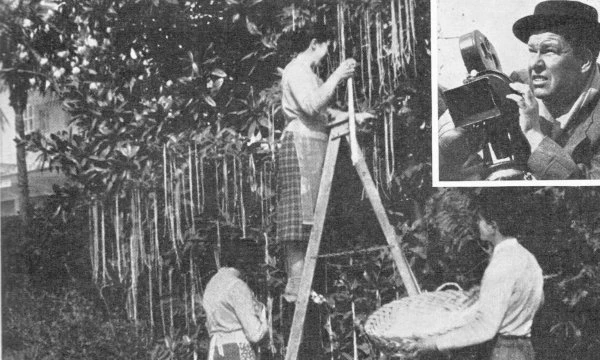
By far the most famous 'stunt' the programme ever pulled was broadcast on Monday 1 April 1957. Dimbleby reported on the state of the Swiss spaghetti harvest. He explained to eager viewers how a bumper year for the spaghetti plantations was the result of an early spring and the "virtual disappearance of the spaghetti weevil." While walking between trees festooned with strings of spaghetti Dimbleby reported that with the danger of a late frost now over, the spaghetti harvest could go ahead. It turned out to be one of television's greatest hoaxes. Even an outsized calender on Dimbleby's studio desk proclaiming 1 April failed to alert a great number of viewers who jammed the BBC's switchboard with questions from "where can I buy a spaghetti bush?" to "please settle a family argument - I know that spaghetti grows on a bush but my wife insists it is made from flour and water."
One of the most famous Panorama programmes of the recent era was the 1995 interview of Diana, Princess of Wales by Martin Bashir, which occurred after her separation to Prince Charles in which she openly talked about the rumours surrounding her personal life. The programme still courts controversy to this day. On 29 November 2010, three days before voting for the 2018 FIFA World Cup, Panorama aired an in depth investigation into bribes by senior FIFA officials. When England lost the bid to host the World Cup Finals many critics blamed the programme for turning the voting committee against the English. While it is arguable that this is the case what is beyond question is Panorama's integrity to report the facts as they were known to be in the best traditions of investigative journalism. Never more so than in June 2011, when secret Panorama cameras were smuggled in to a privately run care home for mental health patients after claims of abuse by support staff. An undercover reporter found and filmed evidence of physical and psychological cruelty and gross failings in the government regulator, the Care Quality Commission, which tried to suggest that despite the fact that this hospital was still able to pass their inspections, the system of regulating was not at fault. The programme was a prime example of public service television at its very finest.
Richard Dimbleby's son, David Dimbleby, presented the programme from November 1974 not only carrying on a family tradition but also linking the programme back to its early beginnings. Who's to say that Panorama won't continue on British television for another 50 plus years?
Seen this show? How do you rate it?
Seen this show? How do you rate it?
Published on January 17th, 2019. Written by Marc Saul (2011) for Television Heaven.


